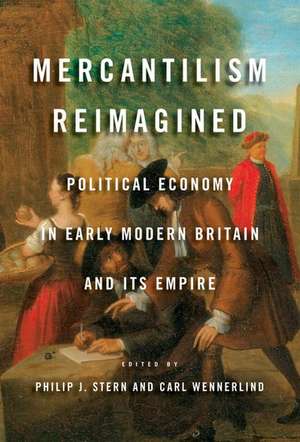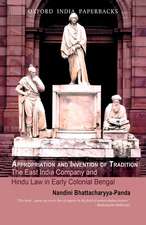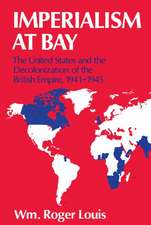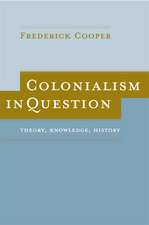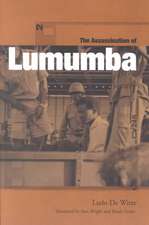Mercantilism Reimagined: Political Economy in Early Modern Britain and Its Empire
Editat de Philip J. Stern, Carl Wennerlinden Limba Engleză Hardback – 19 dec 2013
Preț: 645.95 lei
Preț vechi: 924.35 lei
-30% Nou
Puncte Express: 969
Preț estimativ în valută:
123.63€ • 128.57$ • 103.45£
123.63€ • 128.57$ • 103.45£
Carte tipărită la comandă
Livrare economică 04-10 martie
Preluare comenzi: 021 569.72.76
Specificații
ISBN-13: 9780199988532
ISBN-10: 0199988536
Pagini: 416
Dimensiuni: 160 x 236 x 36 mm
Greutate: 0.73 kg
Editura: Oxford University Press
Colecția OUP USA
Locul publicării:New York, United States
ISBN-10: 0199988536
Pagini: 416
Dimensiuni: 160 x 236 x 36 mm
Greutate: 0.73 kg
Editura: Oxford University Press
Colecția OUP USA
Locul publicării:New York, United States
Recenzii
The eighteen essays in Merchantilism Re-imagined make very clear the multifaceted nature of political economy in early modern Britain, both in terms of ideas and practise. Some of the essays argue powerfully for emphasizing certain policies where balance of trade considerations were incedental. Thus there are important essays on the significance of population and labour to conceptions of economic potential and power ... The volume provides a good sense of how historians are now weaving together a wide range of factors when exploring the significance of economic policy as a reason of state. Most of the essays are rich, insightful and suggestive.
Notă biografică
Phiip J. Stern is Assistant Professor of History, Duke UniversityCarl Wennerlind is Associate Professor of History, Barnard College
